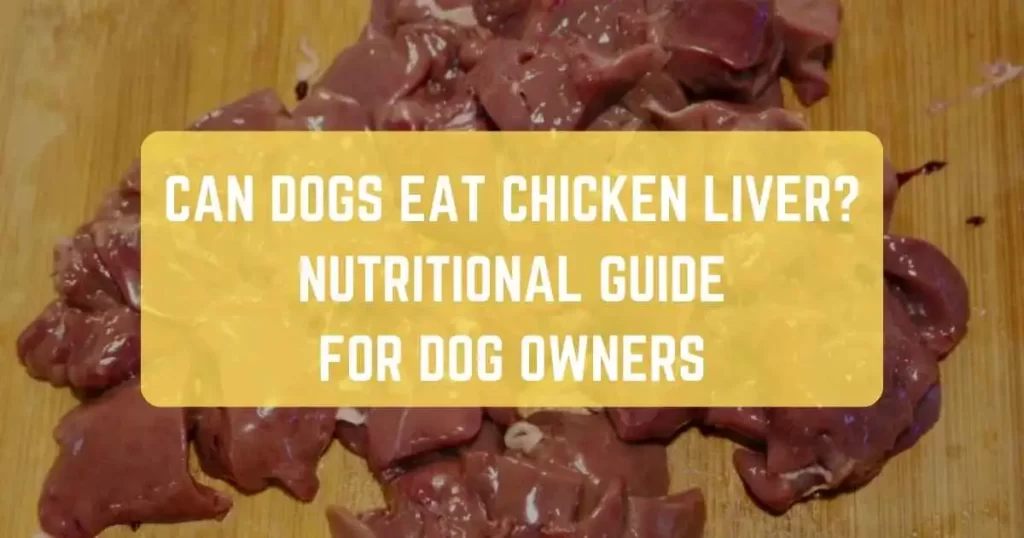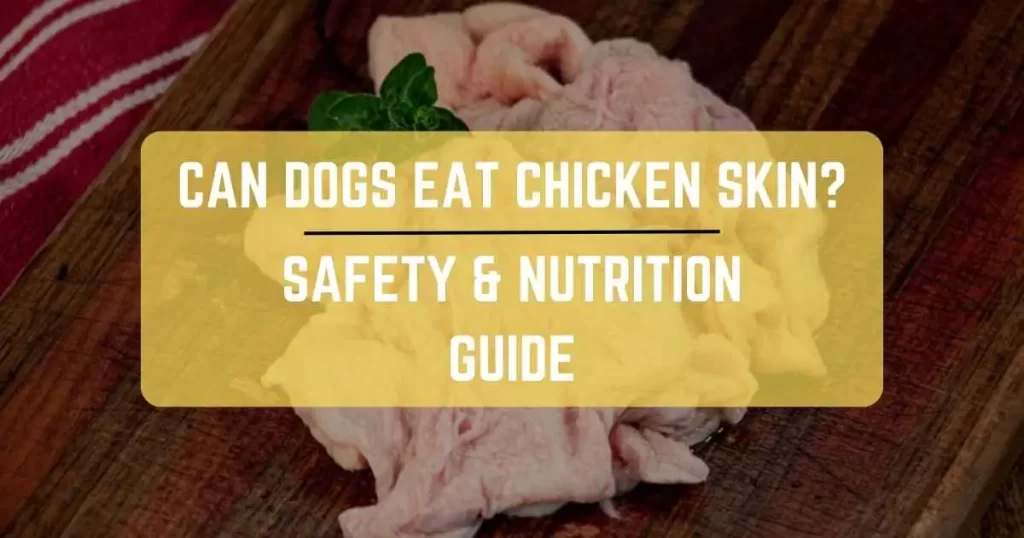
Discovering whether dogs can safely eat feta cheese is a crucial question for every dog owner. As our four-legged companions often look up at us with hopeful eyes during mealtime, it’s essential to understand the potential risks and benefits associated with sharing this type of cheese.
From the potential dangers of lactose intolerance and high-fat content to exploring alternative options and the ingredients within feta cheese, we’ll dive into the world of canine nutrition.
So, before you consider sneaking a crumble of feta to your furry friend, let’s unravel the truth and ensure their health and happiness remain a top priority.
Can Dogs Eat Feta Cheese?
Yes, dogs can eat feta cheese, but it should be given in moderation. Feta cheese is safe for dogs to eat in small amounts, as long as they are not lactose intolerant. However, it is important to consider the high fat and sodium content in feta cheese, which can lead to digestive upset and other health issues if consumed excessively.
The Potential Risks of Feta Cheese for Dogs
Feta cheese, like any other type of cheese, can pose potential risks to dogs. Here are some key points to consider:
- Dogs are generally lactose intolerant, meaning their digestive system may have difficulty breaking down lactose, a sugar found in milk and dairy products like feta cheese.
- Consumption of feta cheese can lead to digestive issues in dogs, such as diarrhea and vomiting.
- Feta cheese is high in fat, which can contribute to health problems, including obesity and pancreatitis, an inflammation of the pancreas.
- The sodium content in feta cheese is another concern, as excessive sodium intake can lead to elevated blood pressure and kidney problems in dogs.
- Feta cheese also contains a significant amount of lactose, which can cause digestive upset in lactose-intolerant dogs.
Is Feta Cheese Good for Dogs?
While feta cheese may be a tasty treat for humans, it is not an ideal food for dogs. Dogs have different nutritional requirements than humans, and their diet should primarily consist of balanced dog food specifically formulated for their needs. Although feta cheese can provide some calcium and protein, there are better sources of these nutrients that are safer for dogs.
Ingredients in Feta Cheese:
Feta cheese is a popular cheese known for its crumbly texture and tangy flavor. Here are some key points regarding its ingredients:
- Feta cheese is made from sheep’s milk or a combination of sheep’s and goat’s milk, giving it a unique taste.
- It is typically aged in a brine solution, which adds saltiness to the cheese.
- Feta cheese contains protein and calcium, which are essential nutrients. However, it is important to note that dogs have different nutritional requirements than humans.
- The high-fat content of feta cheese can be problematic for dogs, as their digestive systems are not optimized to handle large amounts of fat.
- Additionally, the lactose content in feta cheese can cause digestive issues in lactose-intolerant dogs.
Considering Lactose Intolerant Dogs
If your dog is lactose intolerant, it’s best to avoid feeding feta cheese or any other dairy products. Instead, opt for lactose-free alternatives if you want to treat your dog to a cheesy snack. Low-fat cottage cheese or small amounts of certain types of cheese, like mozzarella cheese or Swiss cheese, may be more suitable options for dogs with lactose intolerance.
Alternatives to Feta Cheese for Dogs
If you’re looking for safe and healthy alternatives to feta cheese to treat your furry friend, consider the following options:
- Low-fat cottage cheese: Cottage cheese is generally safe for dogs and can provide a similar creamy texture as feta cheese but with less fat.
- Mozzarella cheese: This type of cheese is low in lactose and can be a suitable alternative for dogs with lactose intolerance.
- Goat cheese: While dogs can eat feta cheese, which is made from goat’s milk, feeding them plain goat cheese in moderation can be a better option due to its lower lactose content.
- Homemade treats: You can make your own dog-friendly cheese treats by using low-fat, low-sodium cheeses like string cheese or cheddar. Just be sure to offer these treats in small portions and as an occasional snack, as even low-fat cheeses can still be high in fat.
Final Thoughts
In conclusion, while feta cheese may be tempting to share with your dog, it is not recommended as a regular part of their diet. The high fat and lactose content in feta cheese can potentially cause digestive upset and other health issues in dogs. It’s always best to consult with your veterinarian before introducing any new food to your dog’s diet.
Remember, the health and well-being of your furry companion should be a top priority, and feeding them balanced dog food is the best way to meet their nutritional needs.
Frequently Asked Questions
Is feta cheese bad for dogs?
No, feta cheese is not inherently bad for dogs, but it should be given in moderation. While feta cheese can be enjoyed as an occasional treat, it is important to consider the potential risks associated with it. Feta cheese is high in fat and sodium, which can lead to digestive issues and other health problems in dogs if consumed in large quantities. Additionally, dogs that are lactose intolerant should avoid feta cheese due to its lactose content.
Can dogs eat a little feta cheese?
Yes, dogs can eat a little feta cheese. Small amounts of feta cheese given as an occasional treat should not pose significant risks to dogs, especially if they are not lactose intolerant. However, it’s important to remember that feta cheese is high in fat and sodium, so moderation is key. Always monitor your dog for any signs of digestive upset or adverse reactions.
Can puppies eat feta cheese?
No, dogs should not regularly consume feta cheese. While it is generally safe for dogs to eat feta cheese in small amounts, it is not an essential part of their diet. Feta cheese is high in fat and sodium, which can contribute to health problems in dogs if consumed excessively. It’s important to prioritize a balanced and appropriate dog food diet that meets all of their nutritional needs.
Should dogs eat feta cheese?
No, dogs should not regularly consume feta cheese. While it is generally safe for dogs to eat feta cheese in small amounts, it is not an essential part of their diet. Feta cheese is high in fat and sodium, which can contribute to health problems in dogs if consumed excessively. It’s important to prioritize a balanced and appropriate dog food diet that meets all of their nutritional needs.









